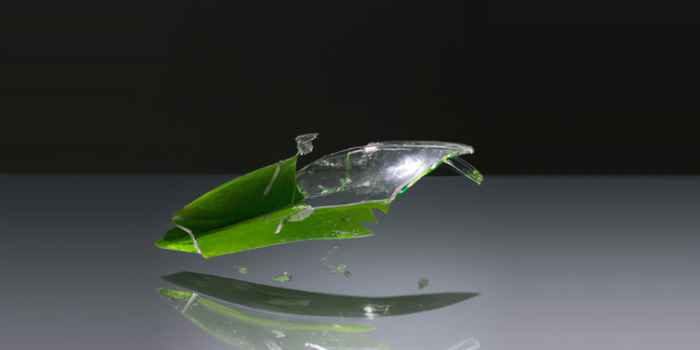Glass-like dynamics in plant cells
Chloroplasts in Plant Cells Show Glass-Like Behavior in Dim Light
7 March 2023

The chloroplasts in plant cells can move toward or away from light depending on the light intensity, organizing themselves into various configurations. In his talk, Mazi Jalaal will describe a study he and his colleagues Nico Schramma and Cintia Perugachi Israels performed of the re-arrangements of chloroplasts in cells of a water plant often used in home aquariums.
They found that when chloroplasts in a plant cell arrange themselves into a single layer to increase their light exposure in dim lighting conditions, their collective motions bear similarities to the behavior of glassy materials near the glass transition — a glass’s transition between solid and fluid states. The researchers suggest that being in a state close to this glass transition may let the chloroplasts quickly ball up into a clump to avoid damage when suddenly exposed to intense light.
More information about the APS March meeting can be found here. Jalaal's talk will take place on Friday, March 10 in the session 'Disordered, Glassy, and Jammed Behavior in Biological Matter'. After the live conference in Las Vegas, an online version of the March meeting will take place from 20-22 March.